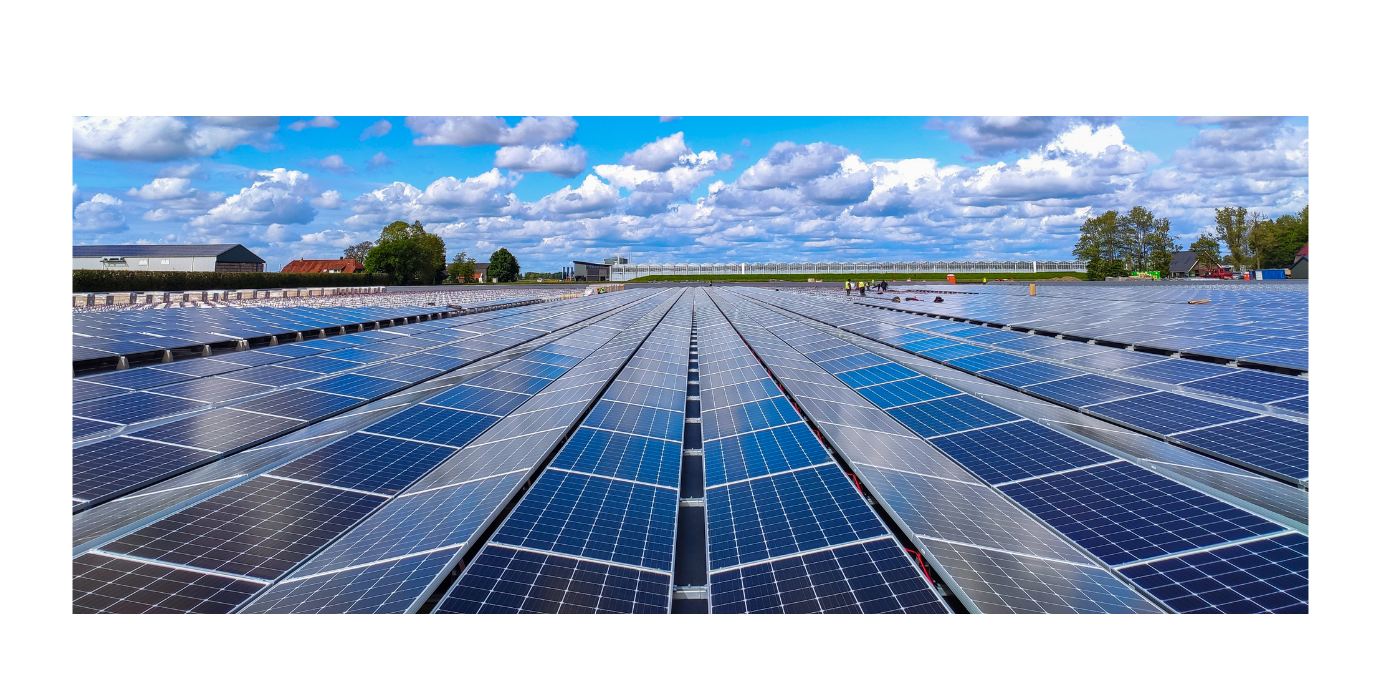As the world transitions towards sustainable energy solutions, the solar industry is experiencing a remarkable expansion beyond traditional strongholds. Emerging markets in regions like Africa and Southeast Asia are increasingly embracing solar energy as a key driver of economic growth, energy access, and environmental sustainability.
Africa, with its abundant sunlight and growing energy demand, presents a promising frontier for solar development. Countries across the continent are harnessing solar power to address energy poverty, improve electrification rates, and foster economic development. From large-scale solar farms powering urban centers to off-grid solar solutions bringing electricity to rural communities, Africa is witnessing a solar revolution that is transforming lives and livelihoods.
One notable example is Kenya, where innovative solar initiatives are revolutionizing the energy landscape. The country’s ambitious renewable energy targets and supportive policies have spurred investment in solar projects ranging from utility-scale installations to decentralized off-grid systems. Companies like M-KOPA Solar and d.light have pioneered pay-as-you-go solar solutions, providing affordable access to electricity for millions of households.
In Southeast Asia, countries like Vietnam and Indonesia are emerging as solar powerhouses, driven by favorable geographic conditions and ambitious renewable energy targets. Vietnam, in particular, has experienced a solar boom in recent years, with rapid capacity additions and ambitious plans for further expansion. The government’s feed-in tariff scheme and conducive regulatory environment have attracted significant investment in utility-scale solar projects, making Vietnam a regional leader in solar energy deployment.
The expansion of solar energy into emerging markets is not without its challenges. Financing constraints, regulatory barriers, and infrastructure limitations often hinder the pace of solar development. However, innovative financing models, technological advancements, and supportive policies are overcoming these obstacles and unlocking the vast potential of solar energy in these regions.
Moreover, solar energy is not just about power generation; it is also a catalyst for social and economic empowerment. In rural areas where access to electricity is limited or non-existent, solar microgrids are providing communities with clean energy for lighting, heating, and productive uses. This, in turn, is spurring entrepreneurship, improving healthcare and education outcomes, and fostering sustainable development.
The global expansion of solar energy into emerging markets represents a transformative shift towards a more sustainable and equitable energy future. By leveraging the abundant solar resources available in these regions and harnessing the power of innovation and collaboration, we can unlock the full potential of solar energy to drive inclusive growth, combat climate change, and build a brighter tomorrow for all.







